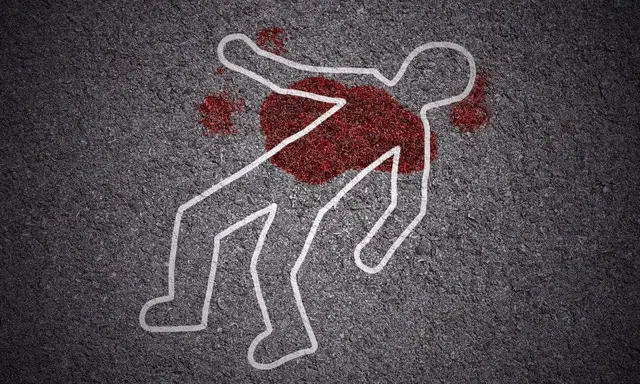Talk of a return to road checks in Northern Ireland stirs dark memories in border communities, but one town six miles from the Republic of Ireland is enjoying a pre-Christmas Brexit bounce.
A lift in consumer confidence on the back of the recent Brussels deal on the border has brought shoppers flocking to Newry from as far as Dublin and Cork, loading up with everything from nappies to perfume and whiskey because of the continued weakness of sterling.
“On Christmas Eve you won’t be able to get into the car park for love nor money, the traffic will be so bad. I will have someone go out and stop the traffic piling up on the main road,” says Seamus McNamee, the owner of the First and Last off-licence in Jonesborough, just south of Newry.
The town experienced its fair share of atrocities during the Troubles, making it unattractive to those south of the border. But since the ceasefire it has found a new life as a giant retail magnet, say local businesses.
“This year is going to be our busiest since we opened nine years ago,” says McNamee. “We’re flying.”
Before the referendum the euro bought about 75p. In 2016 sterling dropped so low some shoppers were getting a pound to a euro – not good for the British on holiday on the continent, but a boon for Irish shoppers within reach of Northern Ireland. McNamee, for example, is selling a litre of Jameson whiskey for €28.50 compared to €38 across the border, enough to make a cross-border Christmas spree worthwhile.
The car park at the Buttercrane shopping centre in the centre of Newry is a useful barometer of sterling’s value. “We have about 100,000 cars a week and around 40% of them have southern registration plates,” says Peter Murray, manager of the centre.
“I’ve been here 29 years. Before the ceasefire happened in 98 we didn’t have many people coming from the south, even though we’re just six miles from the border. After 98 you had people coming from places like Monaghan, 40 miles away. Now we have people coming from as far as north Dublin and we’ve even seen stragglers from Cork and Tipperary [hundreds of miles south] making a weekend of it.”
The collapse in sterling has lifted inter-country trade to levels not seen since the financial crash and bailout in 2010, according to accountancy consultants EY. Its recent Economic Eye report says this year it will be worth an estimated £368m, and this does not include significant items such as car sales or online shopping.
“Put the big ticket and obvious things like alcohol aside and the things that seem to be popular are baby products, nappies, baby wipes, perfumes, sports shoes and even prescription medicines which are cheaper here,” Murray says.
Down the mall at the Buttercrane Bureau, the money-changing business is booming. “Last year was a bumper year but it’s still significant this year. Most of the people we are seeing are the squeezed middle who are coming in and changing £300 to £500 per family,” says owner John Gildea.
The universal love of a bargain is an obvious explanation for the mini-boom, but the end of phase one of Brexit talks has also had an immediate impact on consumer confidence in border towns, says Damian McGenity, who runs the post office in Jonesborough and coordinates Border Communities Against Brexit.
“I speak to hundreds of people every week here in the post office and because they know what I do they talk to me about Brexit,” he says. “I can firmly detect a huge sigh of relief that the deal was done the other day in Brussels. People were very worried about their jobs, how they were going to travel across the border, could they send their children to university across the border, and now we seem to have a resolution. People were reluctant to spend money, but the deal has given people a bit of optimism and they’re spending more.”
(GUARDIAN)
 简体中文
简体中文

